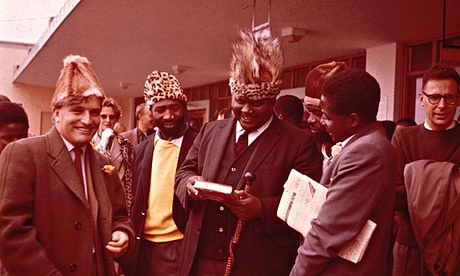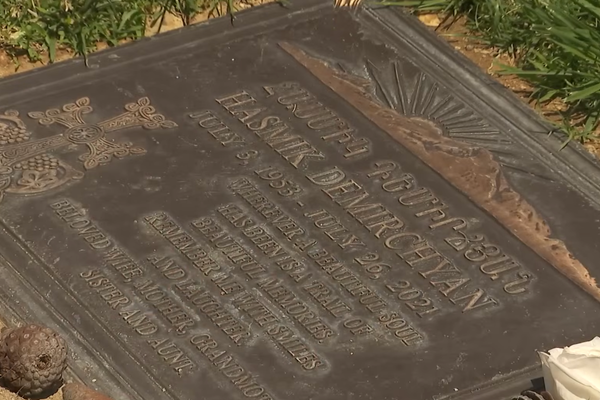
The enduring legacy of Terence Ranger lay in encouraging a generation of African scholars whose work has increased understanding of resistance to colonial rule in Rhodesia, now Zimbabwe, and beyond.
His major work, Revolt in Southern Rhodesia 1896-7, an analysis of the first uprising against white minority rule, included recognition of the profound influence of the country’s spirit mediums, representing ancestral voices. For the first time, the country was seen through the eyes of a historian whose insights into the Shona and Ndebele peoples transformed previously held views. He mocked the stereotypes that dominated settler perceptions, writing in his introduction: “Whites believed that the Shona peoples would not rebel because they believed that the Shona had no roots … no sense of history, no religion … in short, no way of life worth fighting for.”
His demolition of this myth aroused the wrath of the Rhodesian regime, which duly punished him with deportation. But the relevance of the past to the present had been brought home in 1962, when the nationalist leader Joshua Nkomo returned to Rhodesia after a period in exile. He was met at Salisbury (Harare) airport by a survivor of the 1896 uprising, who handed Nkomo a ceremonial axe, a symbol of resistance.







